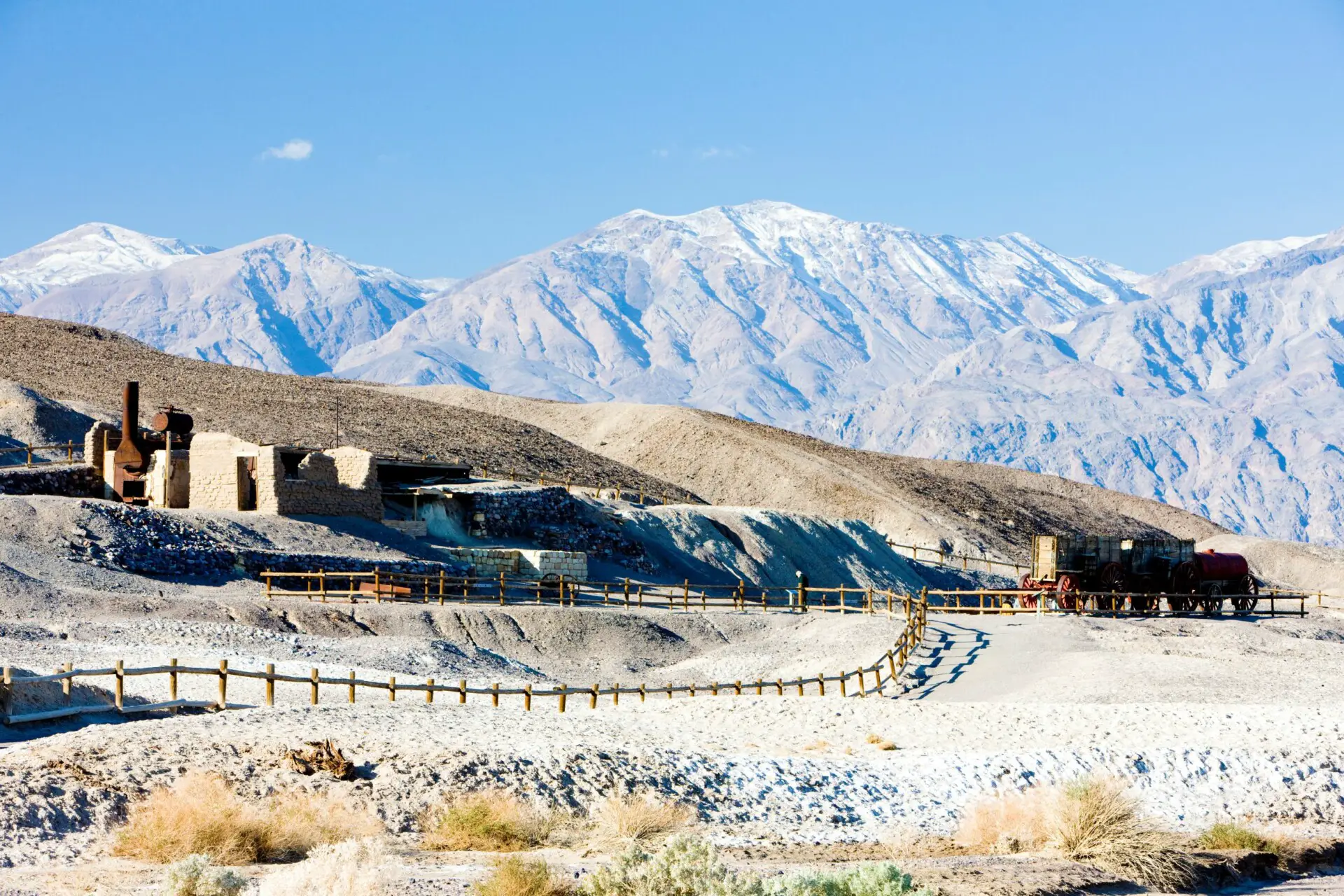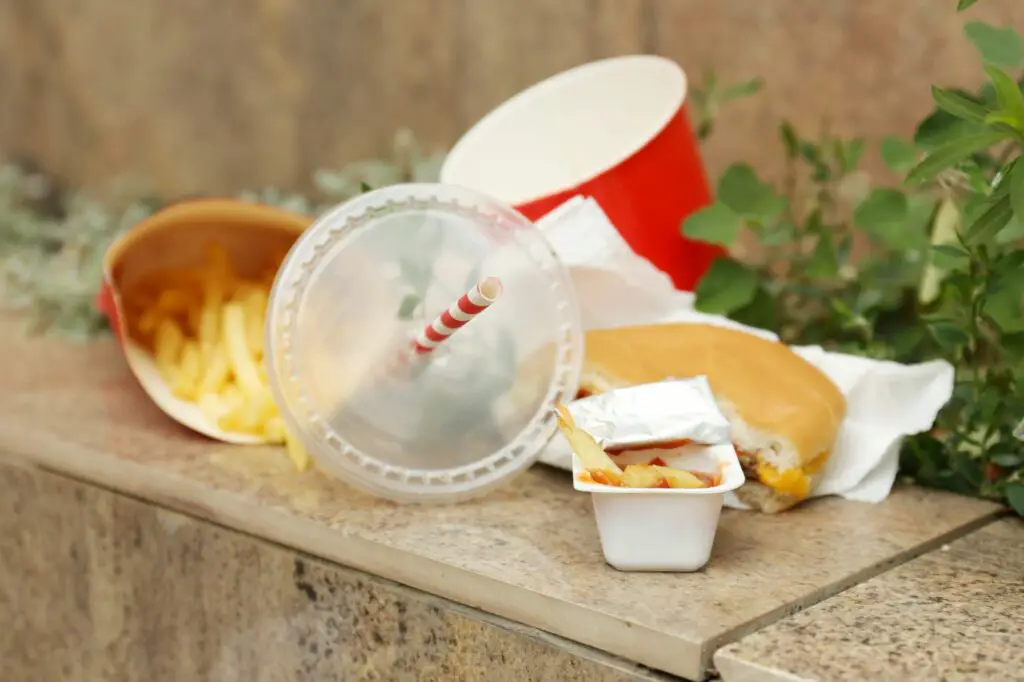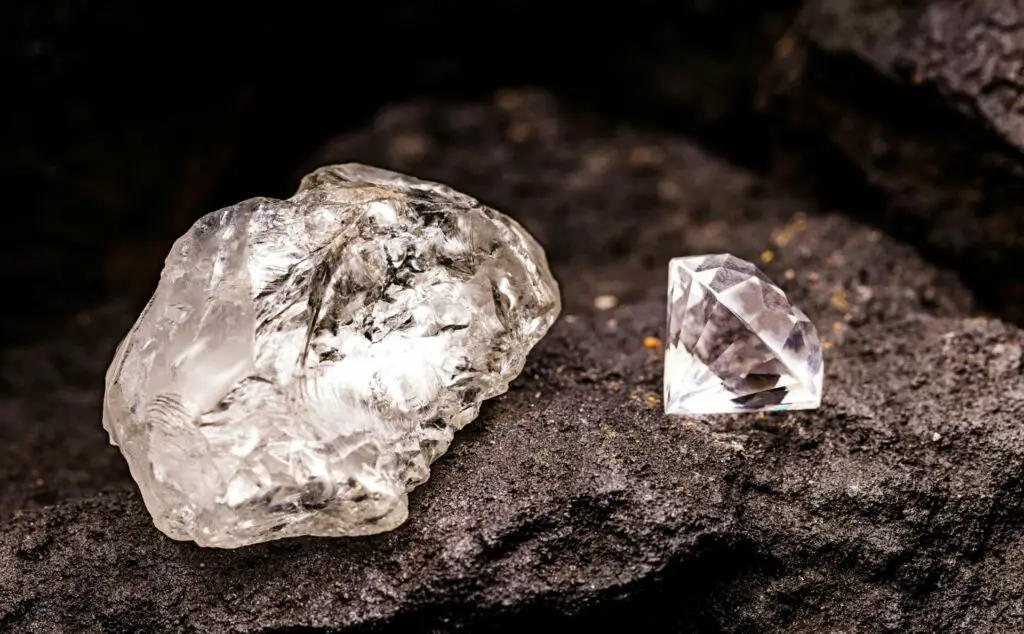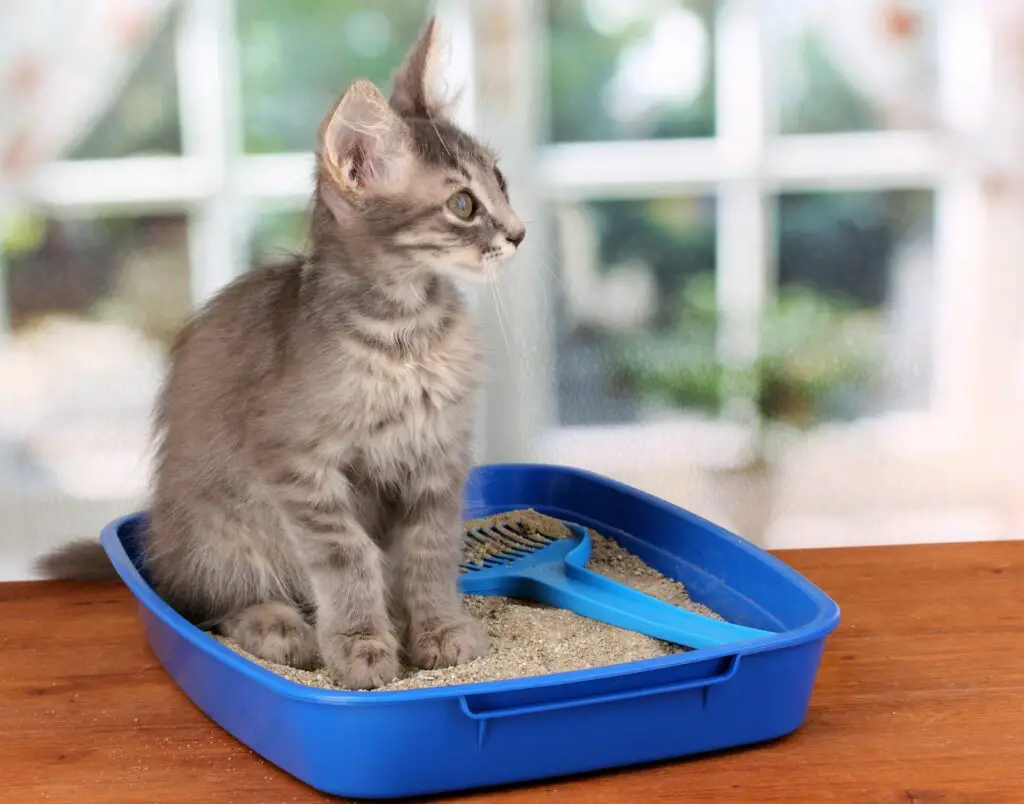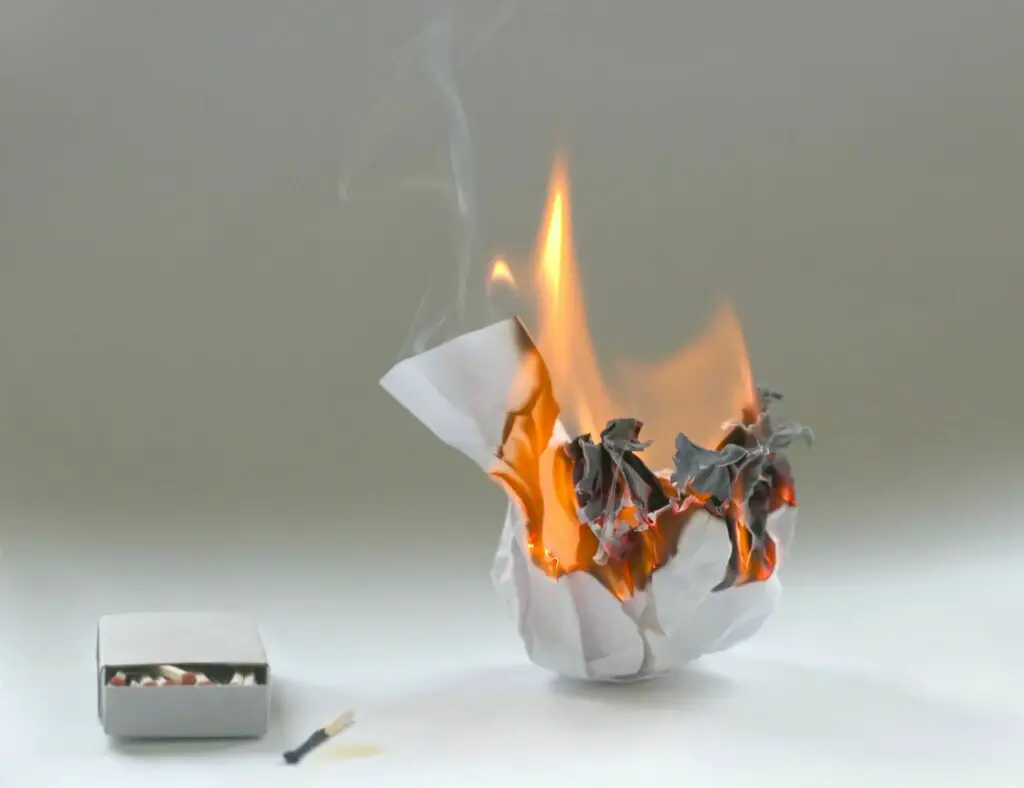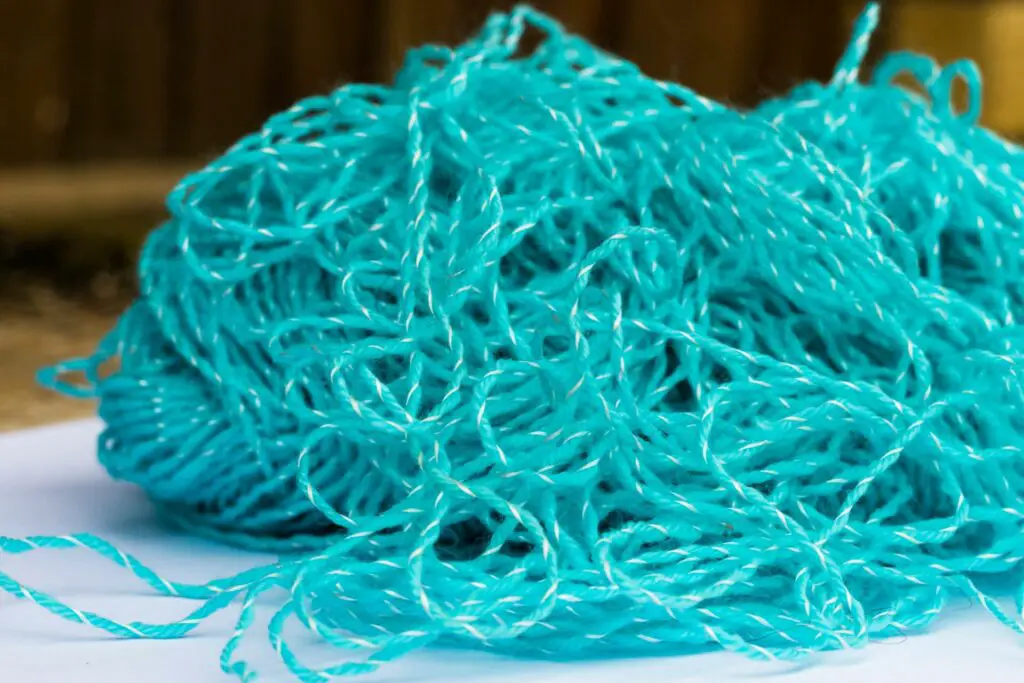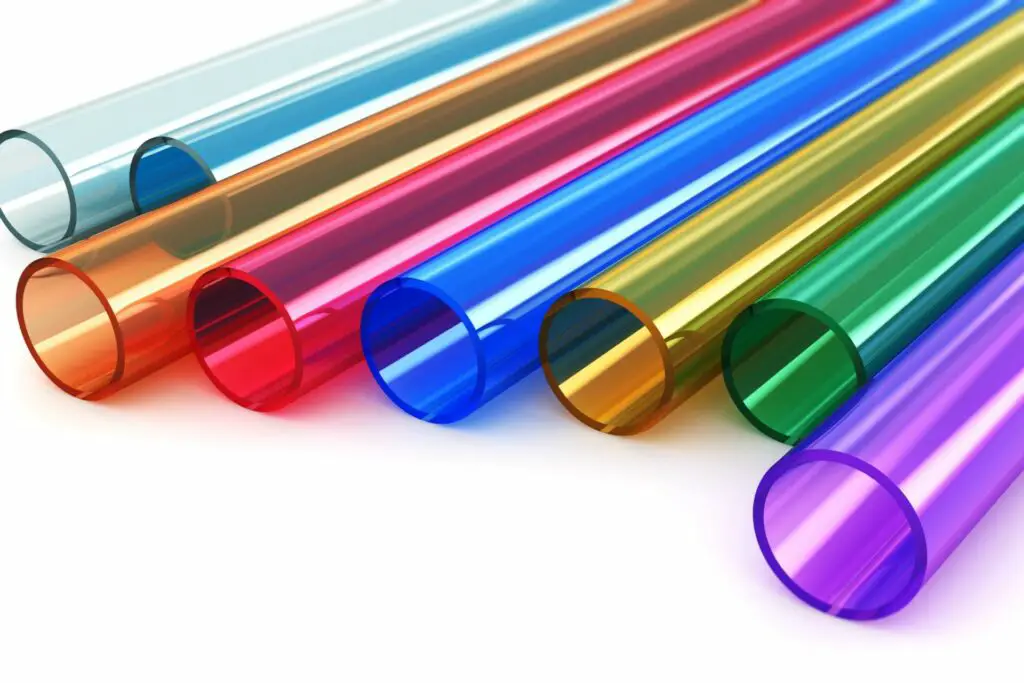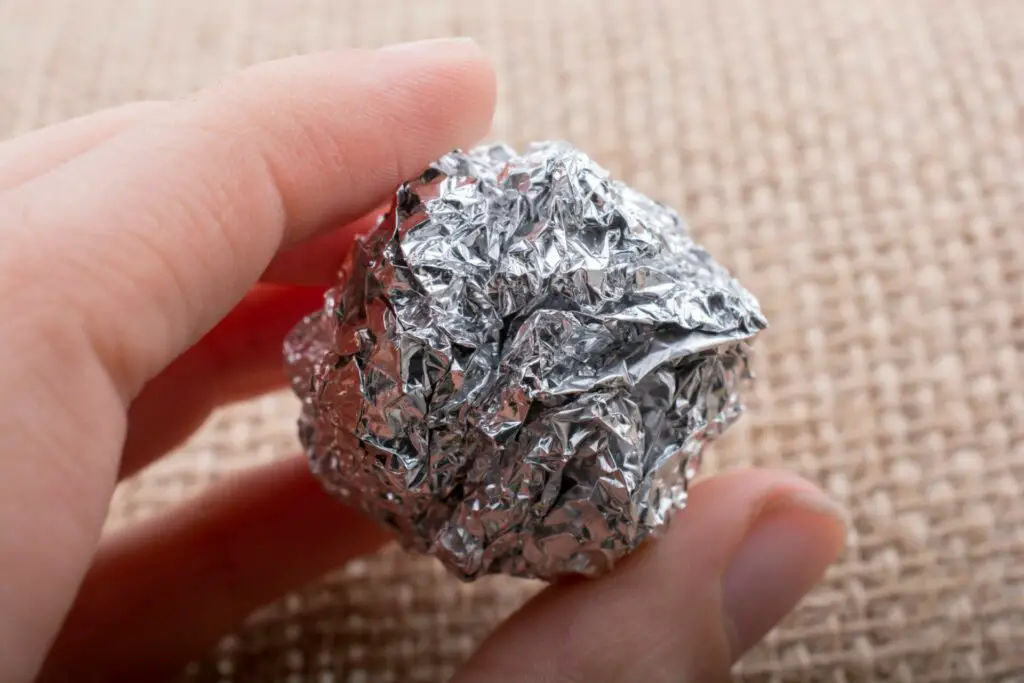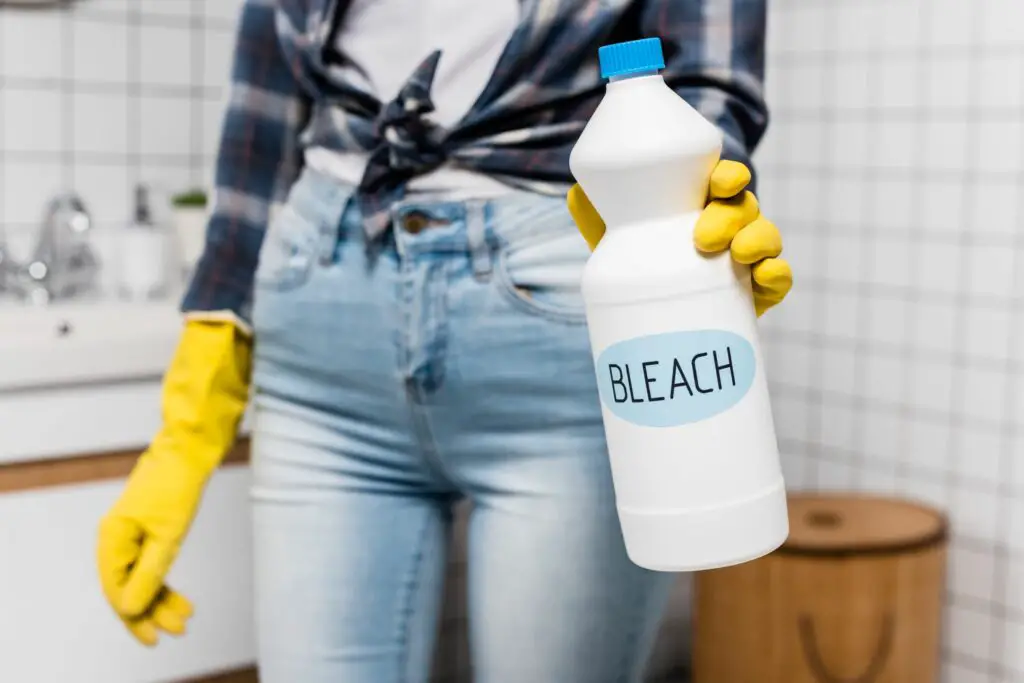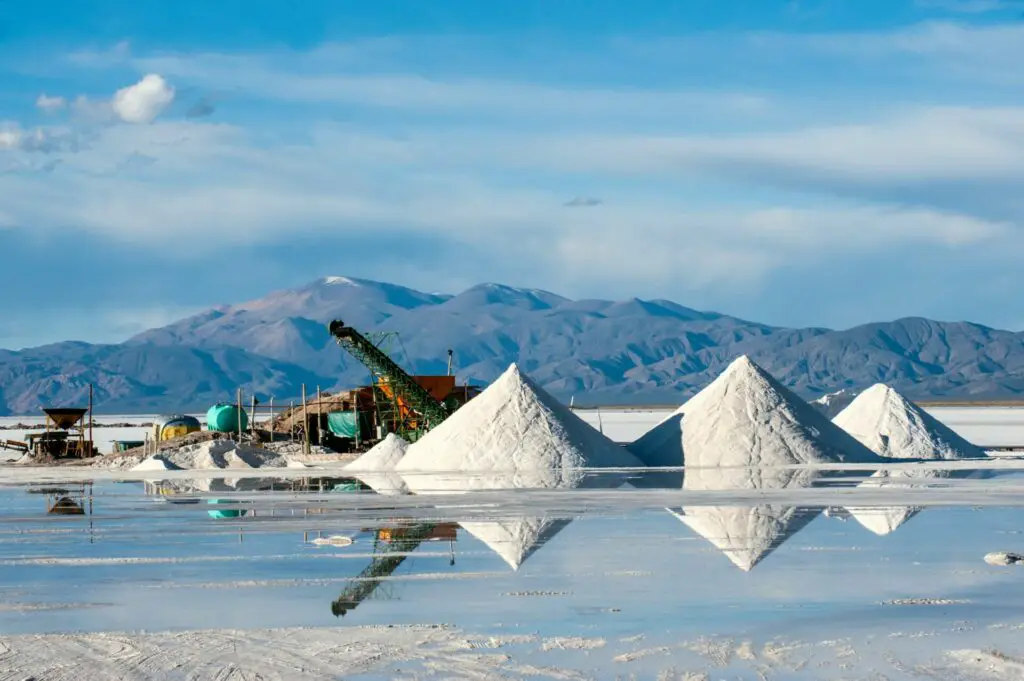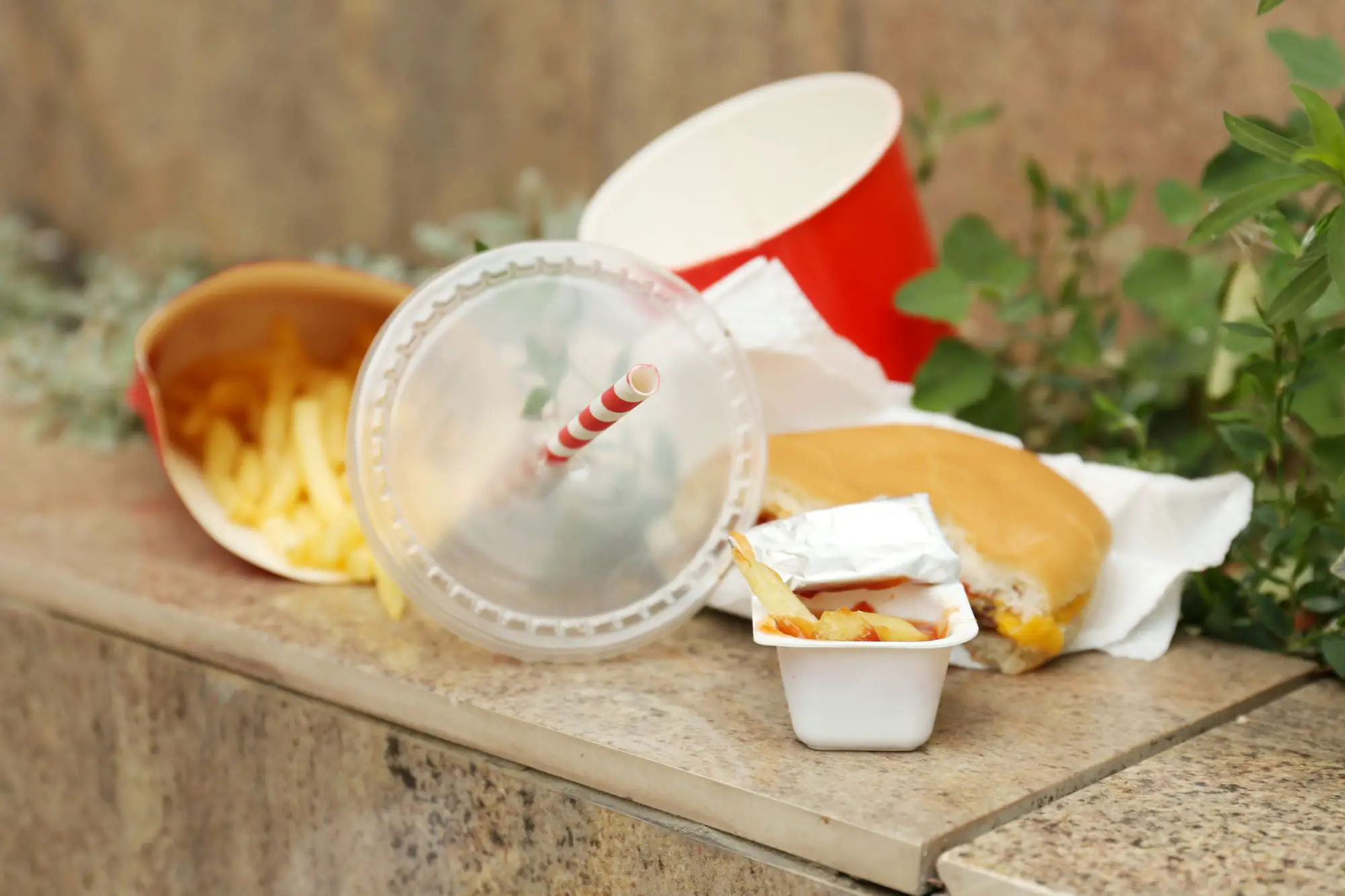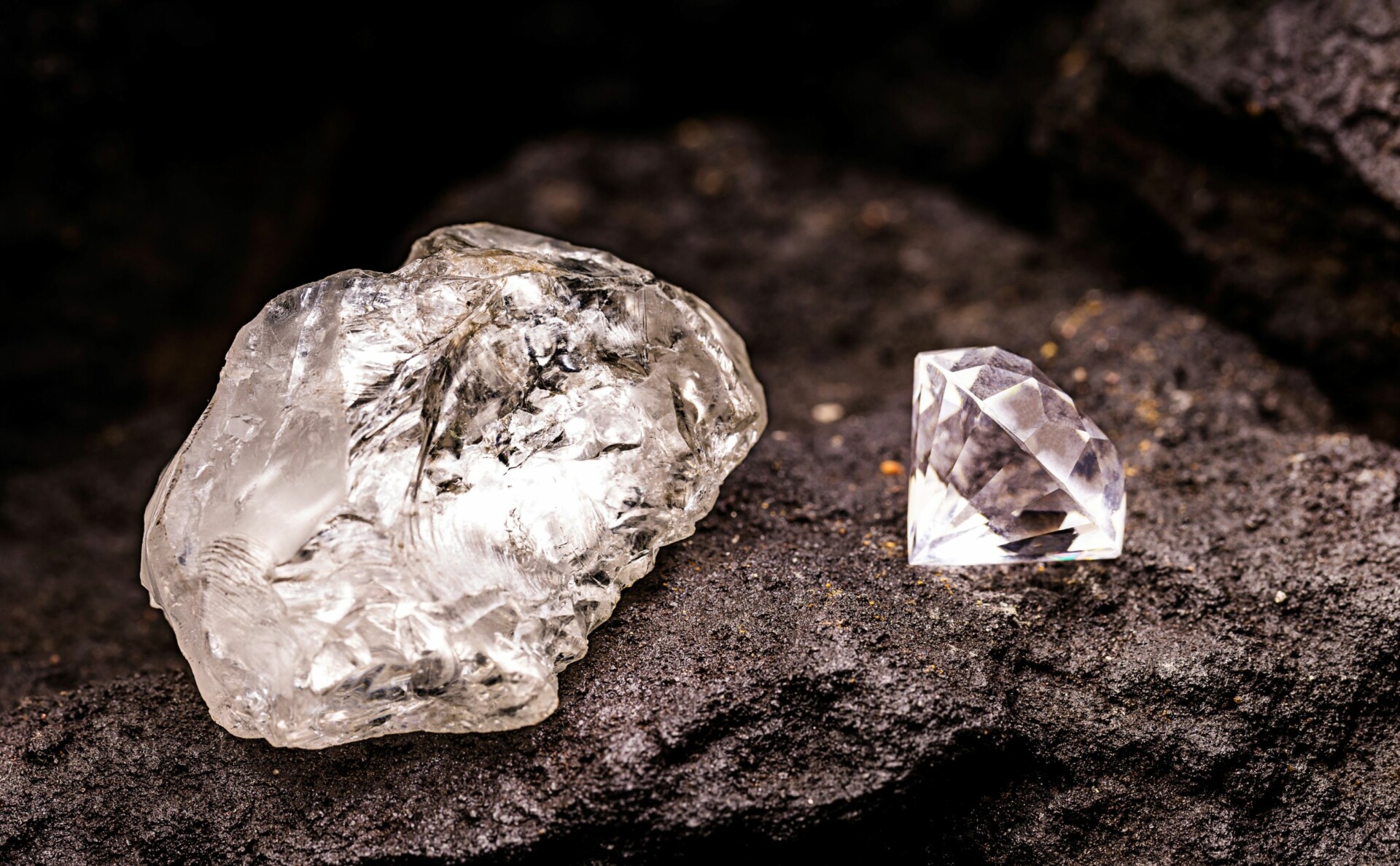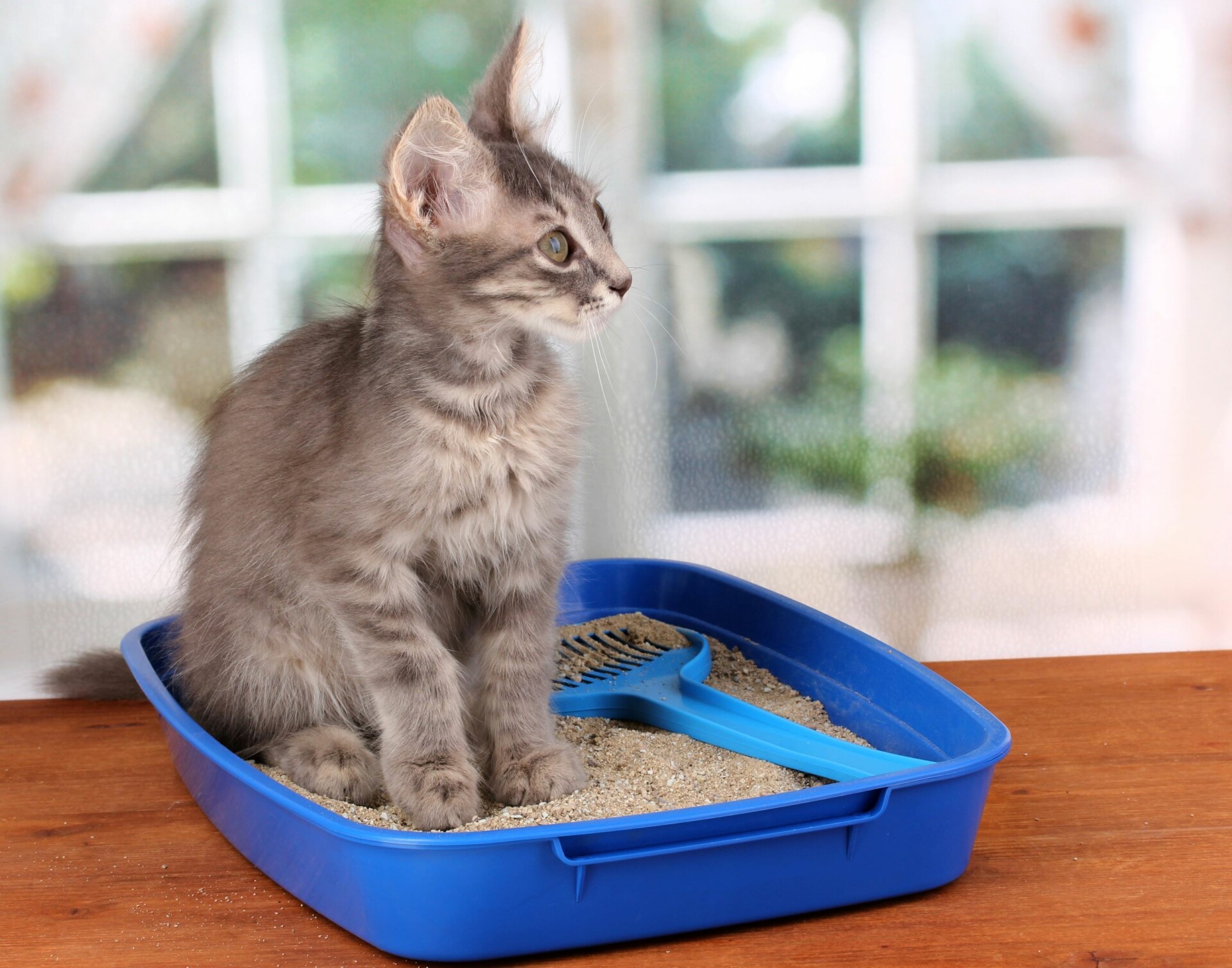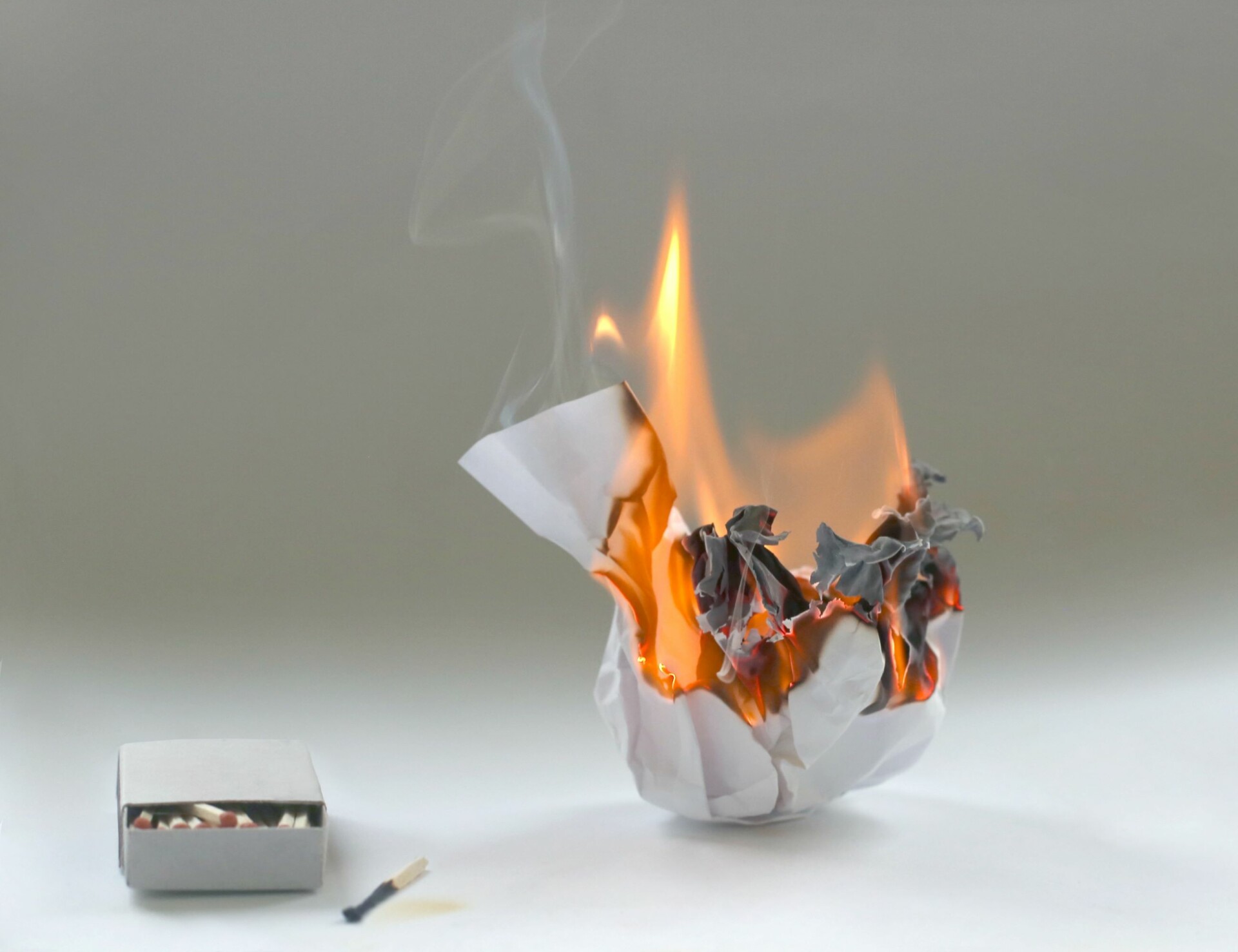Borax is often presented as an eco-friendly cleaning ingredient, so you might have never considered its environmental impact.
However, borax is far from being a perfect green cleaning option since it is often sourced via mining and is toxic to wildlife and the environment.
Here’s everything you need to know about the environmental impact of borax.
1. What Is Borax Made Of?
Borax is a salt made that contains boron, sodium, and oxygen.
Boron is usually sourced via mining and processed into borax.
Borax can occur naturally and is found in evaporation deposits of lakes, but more often than not, commercial borax products appear to be manufactured synthetically.
You might also see borax referred to as disodium tetraborate, sodium tetraborate, or sodium borate.
Borax is usually used to eliminate pests such as ants, scrub down surfaces, boost laundry detergent, or eliminate stains or mold in the house.
2. Is Borax the Same as Baking Soda?
No, borax and baking soda are not the same.
Baking soda is made from sodium carbonate, while borax contains sodium boron and oxygen.
Borax is more alkaline, with a pH of 9.5, while baking soda sits at 8.
The chemical formula for baking soda is NaHCO₃, while Borax is Na₂[B₄O₅(OH)₄]·8H₂O. What this shows is that although they both contain sodium (Na), this is really where the chemical similarities end.
It is not safe to use borax and baking soda interchangeably when baking.
In a study where dogs were fed borax for a short period of time, they experienced blood disorders, metabolism disorders, and negative impacts on the endocrine system and other organs or glands.
Borax is also poisonous for human consumption.
3. Is Borax Eco-Friendly?
Borax is often presented as an eco-friendly cleaning material, but there are still some environmental concerns.
Boron is often sourced via mining, which is bad for the environment.
Mining is detrimental to the environment for several reasons: first, the land must be cleared in order to construct the mine site, which contributes to deforestation.
Mining is also a huge source of pollution, with approximately 8% of global greenhouse gas emissions coming from mining.
Producing 900 kg borax pentahydrate releases approximately 1263 kg of CO2 equivalent.
Producing borax pentahydrate and borax decahydrate also contributes to eutrophication, which is a process where a body of water becomes overly enriched with nutrients, which can result in algae blooms.
Noise pollution is associated with mining too.
It is also environmentally destructive, as it can harm animals in the area and interfere with predator-prey relationships leaving prey unable to hear approaching predators and vice versa.
Then the raw boron must be refined so it can be used for commercial products.
This process will require energy and resources, and given that most energy use worldwide is reliant on fossil fuels, this is unsustainable and polluting.
As mentioned earlier, although borax can be found in nature, it is rarely sourced this way.
When natural borax is used, it still goes through a refining process, which still requires energy.
4. Is Borax Toxic?
Borax can have toxic effects.
Some people use the terms borax and boric acid interchangeably, but they are not the same thing.
Both borax and boric acid are derived from boron, but boric acid is usually more refined. The chemical formula for boric acid is H3BO3.
For example, H3 stands for Tritium, a hydrogen isotope that is not present in borax.
It should be noted that the EPA deems boric acid to have moderate acute toxicity.
Research found that when animals like dogs, mice, and rats were exposed to borax and boric acid, they experienced a decrease in body weight at high doses, but the substances were not carcinogenic.
As mentioned earlier, when dogs were fed borax, they experienced several health issues.
High levels of boron in aquatic environments can also be toxic to marine life.
Although plants need some boron for optimal health, too much can be harmful. So, borax entering the environment can kill plant life.
5. Is Borax Biodegradable?
Borax is not biodegradable, so it will need to be disposed of carefully so it does not cause pollution.
You may hear of people adding trace amounts of borax to soil to boost plant nutrition, but it will not break down.
Borax should be disposed of inside a sealed container; you can send it to waste treatment facilities.
6. Is Borax Sustainable?
Borax is not sustainable.
Firstly, boron is not a renewable resource, so eventually, it will run out.
Then the mining and refining processes have large environmental impacts.
As mentioned earlier, it can be toxic for marine life, plants, and animals, so mishandling it can have detrimental environmental effects.
7. What Are Eco-Friendly Alternatives to Borax?
Finding an eco-friendly alternative to borax depends on what you’re using borax for in the first place.
Cornstarch
Cornstarch can be used to remove stains and scrub down surfaces.
Unlike boron, it is renewable and biodegradable. Cornstarch is also non-toxic.
Baking Soda
Baking soda is not a perfect solution as it is sourced via mining, too.
However, many DIY household cleaners entail mixing baking soda with a source of citric acids, like lemon juice.
Even though baking soda entering waterways can alter the pH and harm marine life, the citric acid neutralizes it, leaving behind water and carbon dioxide.
Vinegar
White vinegar and apple cider vinegar are often used as natural cleaning products to clean mold and stains.
These products are non-toxic and renewable. They have antibacterial effects and can help break down dirt.
Soap Nuts
Some people use borax alongside laundry detergent to clean their clothes.
Soap nuts are a more sustainable option.
These are a berry containing saponin, an ingredient you might recognize from other cleaning supplies.
The saponin will help clean the clothing and reduce odors, but it is more sustainable than borax, as soap nuts are biodegradable and renewable.
Coffee Grounds
If you were using borax to kill or repel pests like ants, coffee grounds could act as a non-toxic solution.
Coffee grounds repel insects like ants or slugs, but are still biodegradable.
This is also a great way to upcycle coffee grounds after brewing.
You Might Also Like…
- Is Fast Food Bad for the Environment? (& What You Can Do)
- Is Fabric Softener Bad for the Environment? (+5 Eco-Friendly Options)
- Is Fuel Dumping Bad for the Environment? (& How Often It Happens)
- Is Electricity Generation Bad for the Environment? (What You Should Know)
- Is Dry Cleaning Bad for the Environment? (4 Surprising Facts)
- Is Diamond Mining Bad for the Environment? (Important Facts)
- Is DEET Bad for the Environment? 4 Effects (You Should Know)
- Is Cat Litter Bad for the Environment? (5 Common Questions)
- Is Burning Cardboard Bad for the Environment? (6 Facts)
- Is Burning Paper Bad for the Environment? (6 Surprising Facts)
- Is Burning Leaves Bad for the Environment? (7 Quick Facts)
- 4 Natural Cleaners for Quartz Countertops
- 6 Eco-Friendly Acrylic Paint Brands (For Sustainable Artists)
- 5 Eco-friendly Alternatives to Acrylic Paint (& How to Make Them)
- Is Acrylic Paint Bad for the Environment? (7 Quick Facts)
- Is Acrylic Yarn Bad for the Environment? 8 Crucial Facts
- Is Acrylic Bad for the Environment? (8 Quick Facts)
- Is Aluminum Foil Bad for the Environment? 7 Quick Facts
- Is Bleach Bad for the Environment? 6 Crucial Facts
- Is Lithium Mining Bad for the Environment? 6 Crucial Facts

